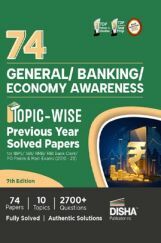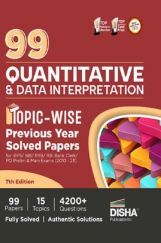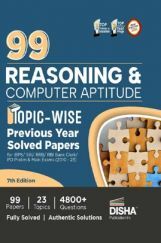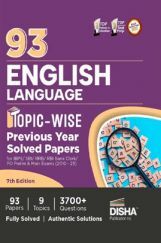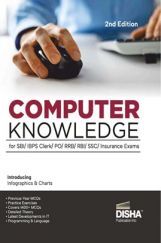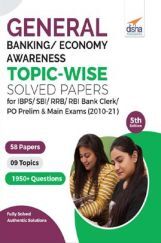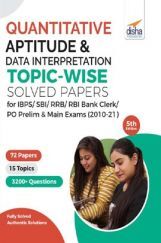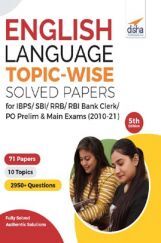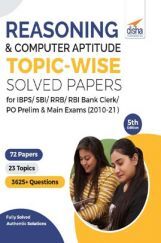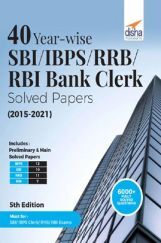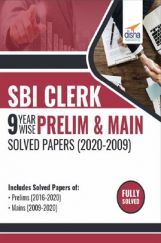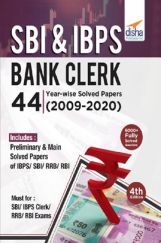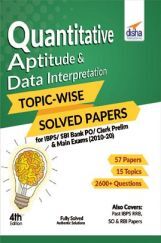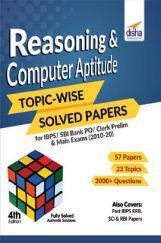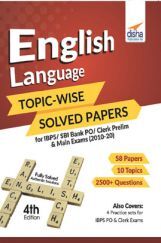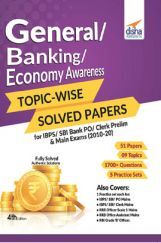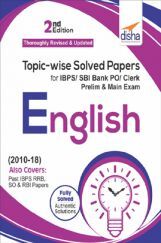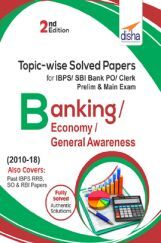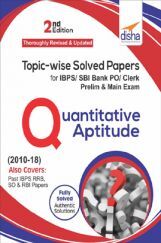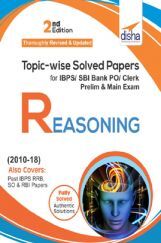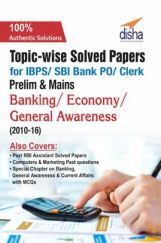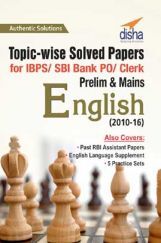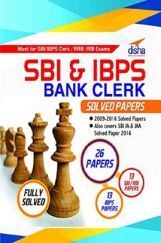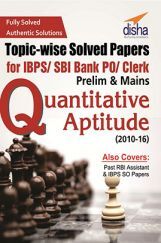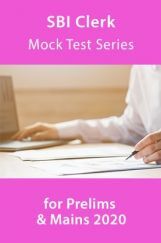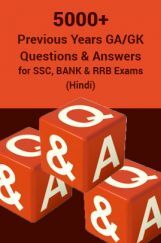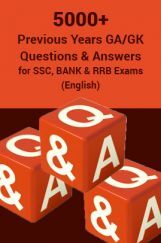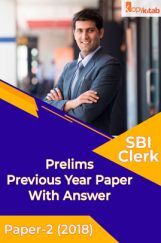SBI Clerk Previous Year Question Papers
The position of an
SBI clerk may be a mid-level job but one that attracts an enormous number of candidates, year after year. With lakhs of aspirants vying for a few thousand job opening,
the vacancy to applicants ratio can often be as disparate as 1:1000. Needless to say, the competition is fierce and you need to really press the pedal on your preparation to stand any chance at success. Incorporating SBI clerk previous year question
papers in your preparation as early on as possible is a step in the right direction, one that will help you gain an advantageous edge over your competitors.
The Exam Pattern
To be able to do make the most of SBI Clerk previous year question papers you need to be well-versed with the
SBI Clerk syllabus as well as the exam pattern. This aids you in
attempting these papers with the right approach and internalise it over time with regular practice. The SBI Clerk recruitment process entails three stages – prelims, mains and interview. The three-step process has been adopted to make the process of
filtering out viable candidates from a sea of applicants more streamlines.
The preliminary examination consists of three sections – English language, quantitative
aptitude and data interpretation, and reasoning ability, carrying a weightage of 30, 35 and 35 marks, respectively. The duration for completing this 100-mark paper is one hour.
The SBI Clerk mains exam is more elaborate in nature and comprises a total of five sections – reasoning, English language, Quantitative aptitude, general awareness and computers, carrying 40 marks each. This is a 200 mark paper and the allocated time duration for completing it is two hours.
Both the preliminary and main examinations for the SBI clerk selection are computer-based examination with an objective-type pattern. There is negative marking of 0.25 marks for every wrong answer, making a thorough preparation all the more imperative.
The Right Approach to Solving SBI Clerk Previous Year Question Papers
Attempting SBI Clerk previous year question papers can bolster your exam preparation significantly, provided it is done the right way:
- Familiarise yourself with the syllabus for this competitive examination.
- Go through a few sets of SBI Clerk previous year papers at least a couple of times to grasp the difficulty level of both the prelims and mains.
- Get started with questions and sections you are most confident about and eventually move on to the ones that you find more challenging. This will help build up your confidence level.
- Approach each SBI Clerk previous year paper as if you are appearing for the actual exam. Be focussed on finishing your attempt within the stipulated time without getting stuck on any question for too long.
- If you have time to spare at the end, revisit the questions you could not attempt the first time and try to solve as many as possible.
- Make it a habit to always follow up attempting SBI Clerk Previous year papers with an unbiased assessment of your performance.
- Be mindful of your mistakes and the questions you could not solve when revising different concepts.
Advantages of Solving SBI Clerk Previous Year Papers
The top advantages of attempting as many SBI Clerk previous year papers as you can are:
- Solving recent years’ papers will help you stay abreast with any changes in the exam pattern, making sure you are not thrown off guard by any surprises on the day of the exam.
- SBI Clerk previous year papers are the best to get a reality check on nature and difficulty level of the examination and tune your preparation process accordingly.
- As they say, practice makes perfect. With every SBI Clerk previous year paper attempt you stand to learn something about this competitive exam, which can help you devise a more strong strategy.
At KopyKitab, you can get a vast selection of SBI Clerk previous year papers for both prelims and main in English as well as Hindi. Language barriers are no longer a constraint in your preparation process. Besides, our SBI Clerk previous year solved papers
can help you fine-tune your responses to various questions by comparing your own answers to these approved solutions included with the test material.


